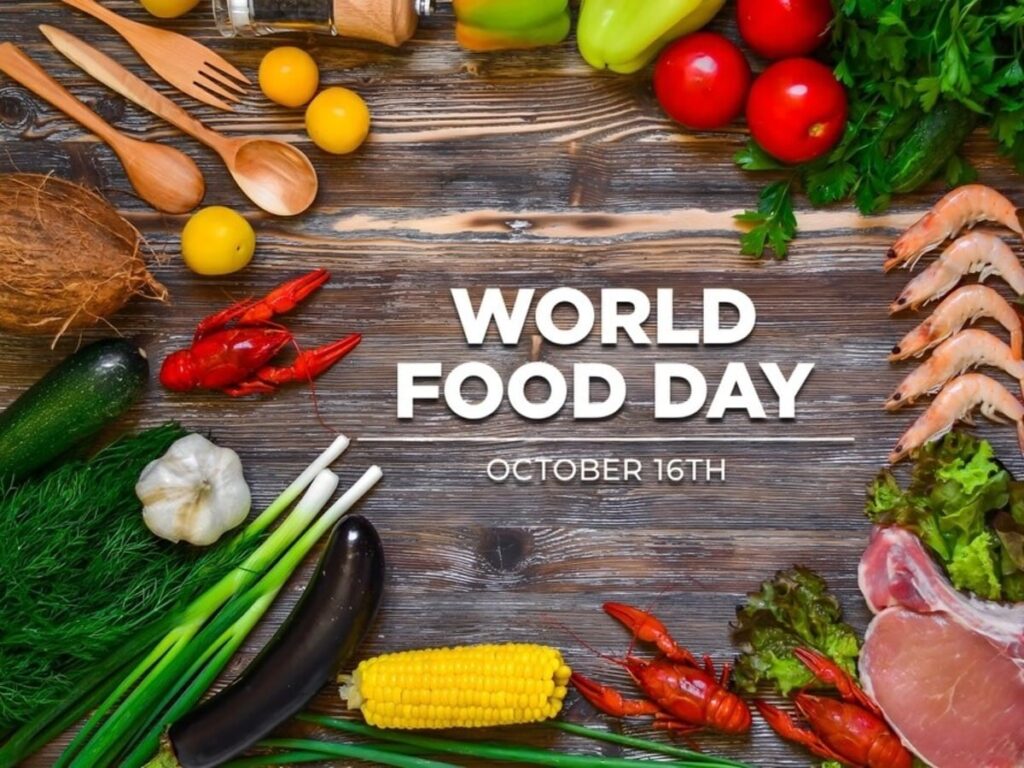World Food Day, observed annually on October 16, serves as a global reminder of the pressing issues of hunger and malnutrition that continue to plague our world. The primary aim of this day is to raise awareness about these critical challenges, inspiring action towards achieving food security for all. Despite significant advancements in various areas, millions of individuals, particularly in developing nations, still face the devastating consequences of food scarcity. India is among the countries grappling with severe hunger issues, which necessitates a focused dialogue on food security, social equity, and sustainable agricultural practices.
Understanding Food Insecurity
Food insecurity is defined as the lack of reliable access to a sufficient quantity of affordable and nutritious food. It affects individuals and communities worldwide, leading to severe consequences for health, education, and economic stability.
Global Statistics on Hunger
| Region | Percentage of Undernourished Population |
|---|---|
| World | 9.8% |
| Asia | 8.8% |
| Africa | 20.2% |
| Latin America and the Caribbean | 6.1% |
| India | 15.3% |
Causes of Hunger and Malnutrition in India
Several factors contribute to the high levels of hunger and malnutrition in India. These include:
- Poverty: A significant barrier to access to nutritious food, poverty remains a pervasive issue.
- Agricultural Challenges: Issues such as inadequate infrastructure, climate change, and outdated farming practices hinder food production.
- Social Inequality: Disparities in wealth and opportunities lead to uneven access to food resources.
- Public Health Issues: Poor healthcare and sanitation contribute to malnutrition and foodborne illnesses.
Global Initiatives and Solutions
To combat hunger and malnutrition, several global initiatives have been established:
The Sustainable Development Goals (SDGs)
The second goal of the SDGs is to end hunger, achieve food security, improve nutrition, and promote sustainable agriculture by 2030. This goal unites nations in their commitment to sustainable practices, equitable resource distribution, and reducing food waste.
Local Solutions and Innovations
India has been implementing various strategies to tackle hunger and malnutrition:
- Mid-Day Meal Scheme: This government initiative provides free lunches to schoolchildren to improve their nutritional status.
- Public Distribution System (PDS): A vital initiative ensuring subsidized food grains are accessible to low-income families.
- Women Empowerment Programs: Initiatives aimed at empowering women, ensuring they have access to resources for better food security in their households.
Conclusion
World Food Day is more than just a recognition of the issues of hunger and malnutrition; it is a call to action. As we observe this significant day in 2024, it is crucial to acknowledge the ongoing challenges that countries like India face. By fostering dialogue and encouraging community involvement, we inch closer to a future where no one has to suffer from hunger. It is essential for individuals, organizations, and governments to collaborate, adopting sustainable practices and policies to ensure food security for all. Together, we can turn the tide on hunger and make substantial progress towards a world where everyone can lead a healthy and productive life free from the fear of starvation.
